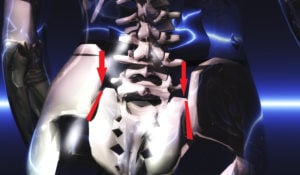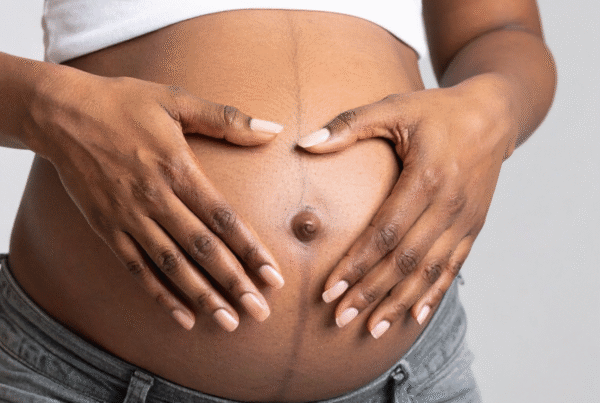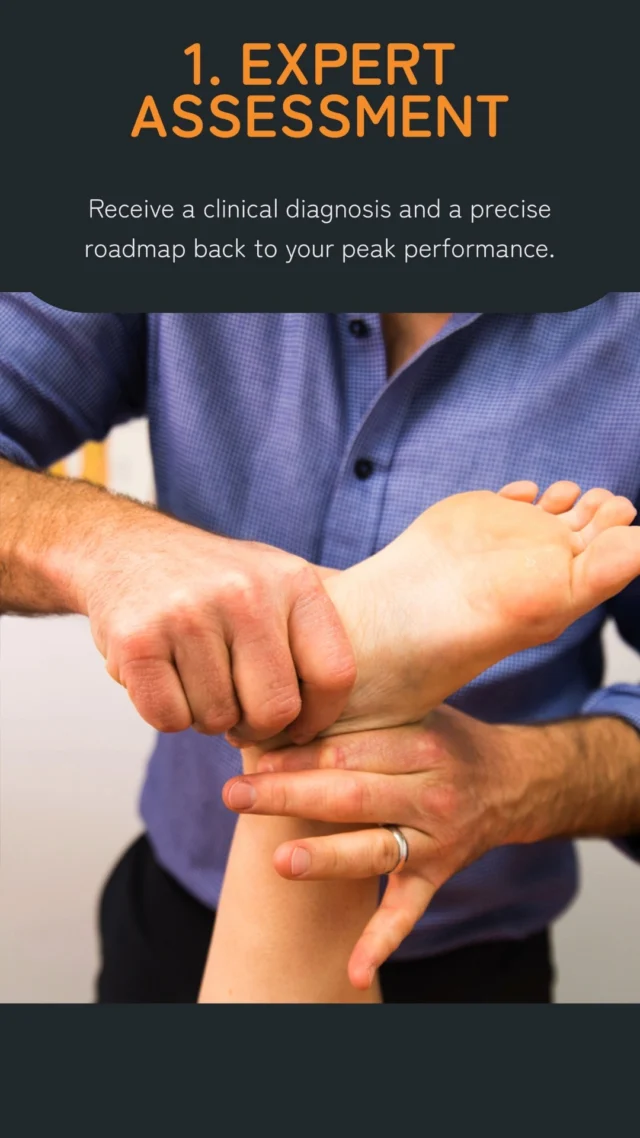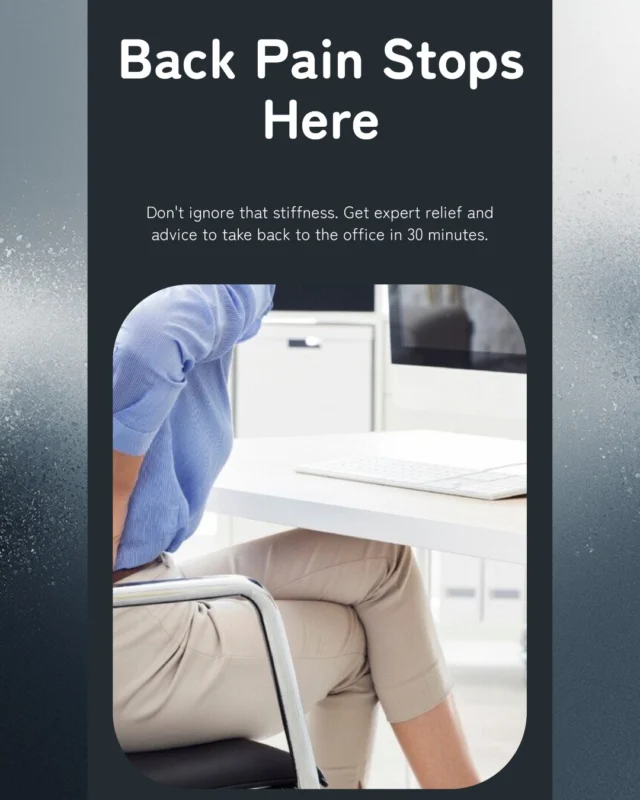 As discussed in my previous blog, one of the most common causes of pain in pregnancy is instability of the pelvis, which can lead to Sacroiliac Joint (SIJ) pain. This is often due to the hormone “relaxin” which is produced during pregnancy and “relaxes” the ligaments, resulting in more movement at the sacroiliac joints than normal.
As discussed in my previous blog, one of the most common causes of pain in pregnancy is instability of the pelvis, which can lead to Sacroiliac Joint (SIJ) pain. This is often due to the hormone “relaxin” which is produced during pregnancy and “relaxes” the ligaments, resulting in more movement at the sacroiliac joints than normal.
A Bend + Mend Physiotherapist will take a thorough history and assess the SIJ with a variety of tests to confirm this as the cause of your pain. Depending on these findings, treatment can include gentle mobilisation of the hips, lumbar (lower) spine and SIJ, as well as myofascial release of surrounding muscles.
Just as important as any ‘hands-on’ treatment is the advice and information about positions/posture that will help take pressure off the affected joints, as well an exercise programme to help improve the stability of the pelvis and the back.
Top Tips for Managing Your SIJ Pain
SIJ pain is typically worse with activities that put unilateral (one-sided) stress on the pelvis. If you are suffering SIJ pain, the following tips may help:
• Avoid ‘single leg’ activities where possible, for example, take the lift rather than stairs, sit down to put trousers on, and try to keep your knees together when getting in and out of a car.
• Sleeping – the most comfortable and supportive sleeping positions can include lying on your back with a pillow under your knees (this is beneficial in early pregnancy but prolonged periods on your back can be uncomfortable later on) and lying on your side with a pillow between your knees. Some pregnant women find the long whole-body pillows comfortable while lying on their side.
• Getting out of bed – to avoid stress through the SIJ, try to keep your knees together, roll onto your side and then push up using your arm.
• Sitting – try to maintain an upright posture, using a lumbar support roll in the small of your back to help.
The Sacroiliac Support Belt
Another treatment option for SIJ pain is the use of a sacroiliac support belt or maternity belt. The belt is adjustable and fits firmly around the pelvis to provide additional support. They can provide significant pain relief and make day-to-day activities such as walking much more comfortable.
Ask your Bend + Mend Physiotherapist whether a maternity belt is right for you!





